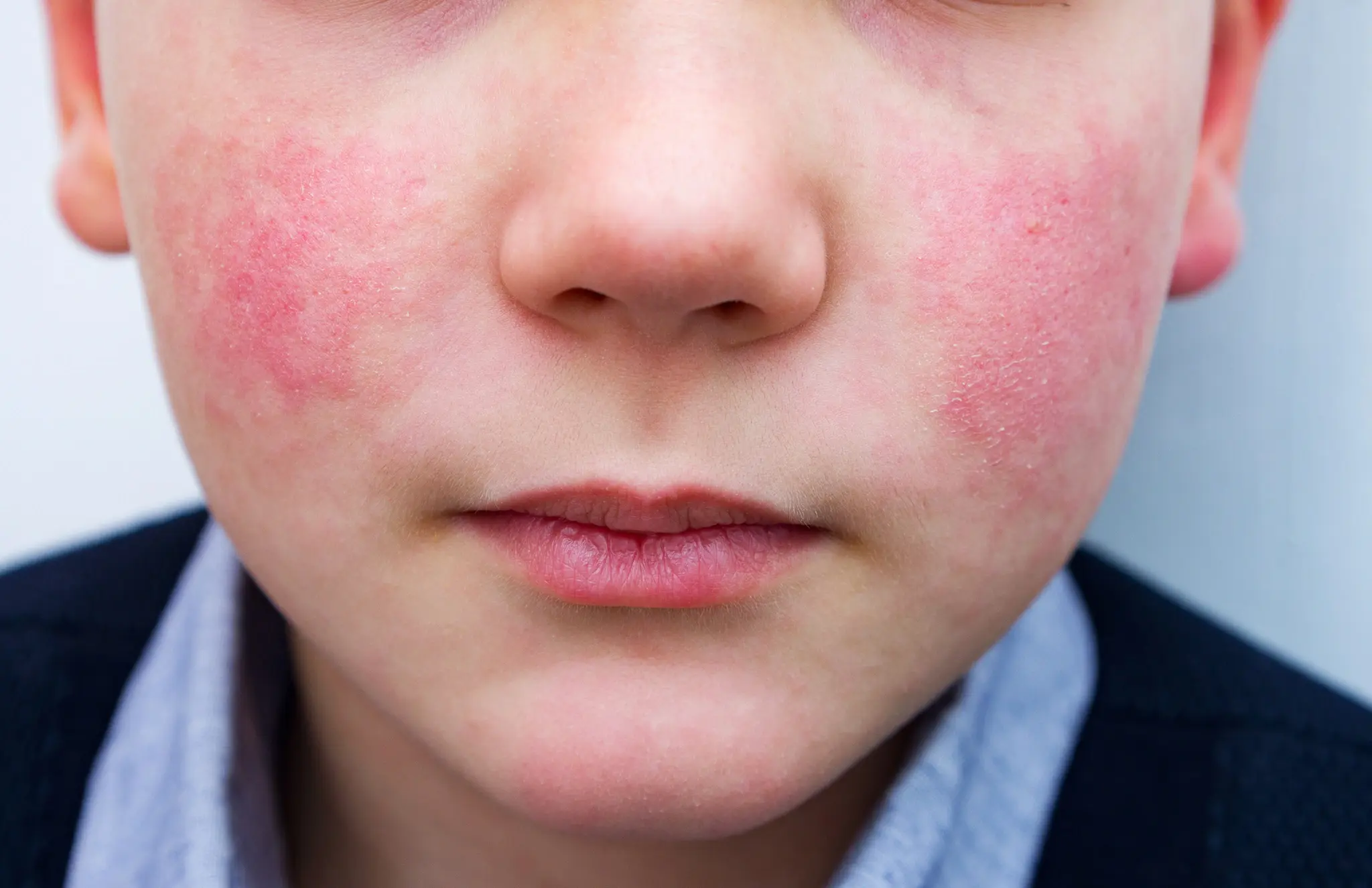Parvovirus B19, also known as the cause of fifth disease, is a common viral infection that primarily affects children, though it can also have serious implications for certain at-risk groups. Understanding who is vulnerable and how to mitigate the risks associated with Parvovirus B19 is crucial for protecting public health.
Who is at Risk of Parvovirus B19?
1. Pregnant Women
Pregnant women, especially during the first half of pregnancy, are at increased risk if they contract Parvovirus B19. The virus can cross the placenta and infect the fetus, potentially leading to severe complications such as fetal anemia, miscarriage, or hydrops fetalis, a condition characterized by abnormal fluid accumulation in the fetus. Pregnant women should take extra precautions, such as avoiding contact with infected individuals.
2. Immunocompromised Individuals
Individuals with weakened immune systems, including those undergoing chemotherapy, organ transplant recipients, or those with HIV/AIDS, are at a higher risk of severe Parvovirus B19 infections. These individuals may experience prolonged and more severe symptoms, such as chronic anemia. It is essential for them to avoid exposure to the virus and maintain good hygiene practices.
3. Individuals with Hemolytic Disorders
People with hemolytic disorders like sickle cell anemia or thalassemia are particularly vulnerable to Parvovirus B19. The virus can cause an aplastic crisis, where the production of red blood cells temporarily stops, leading to severe anemia. Prompt medical attention and regular monitoring are critical for managing symptoms in these individuals.
Who is Protected from Parvovirus B19?
1. Those with Prior Infection
Individuals who have previously been infected with Parvovirus B19 typically develop lifelong immunity, meaning they are unlikely to contract the virus again. As many people are exposed to the virus in childhood, a significant portion of the adult population is immune.
2. Herd Immunity
Although there is no vaccine for Parvovirus B19, herd immunity—where a large portion of the population becomes immune to an infection—can help protect vulnerable individuals. Public health measures that prevent the spread of the virus are vital for safeguarding at-risk populations.
Precautions to Reduce Risk
1. Good Hygiene Practices
Regular handwashing with soap and water, especially after being in public spaces or touching surfaces, can significantly reduce the risk of contracting Parvovirus B19.
2. Avoiding Contact with Infected Individuals
Avoid close contact with individuals known to be infected with Parvovirus B19, particularly if you are in a high-risk group.
3. Monitoring During Outbreaks
During outbreaks, particularly in schools or communities, it’s important to take extra precautions, such as staying home if you feel unwell or limiting exposure to large gatherings.
Conclusion
Understanding the risks and protective factors associated with Parvovirus B19 is essential for preventing severe complications, especially in vulnerable populations such as pregnant women, immunocompromised individuals, and those with hemolytic disorders. While many people develop immunity after infection, maintaining good hygiene and being vigilant during outbreaks are key steps in safeguarding yourself and others from this common virus.
Disclaimer: The information provided is for educational purposes and is not a substitute for professional medical advice. Always consult a healthcare provider for advice specific to your health condition.







